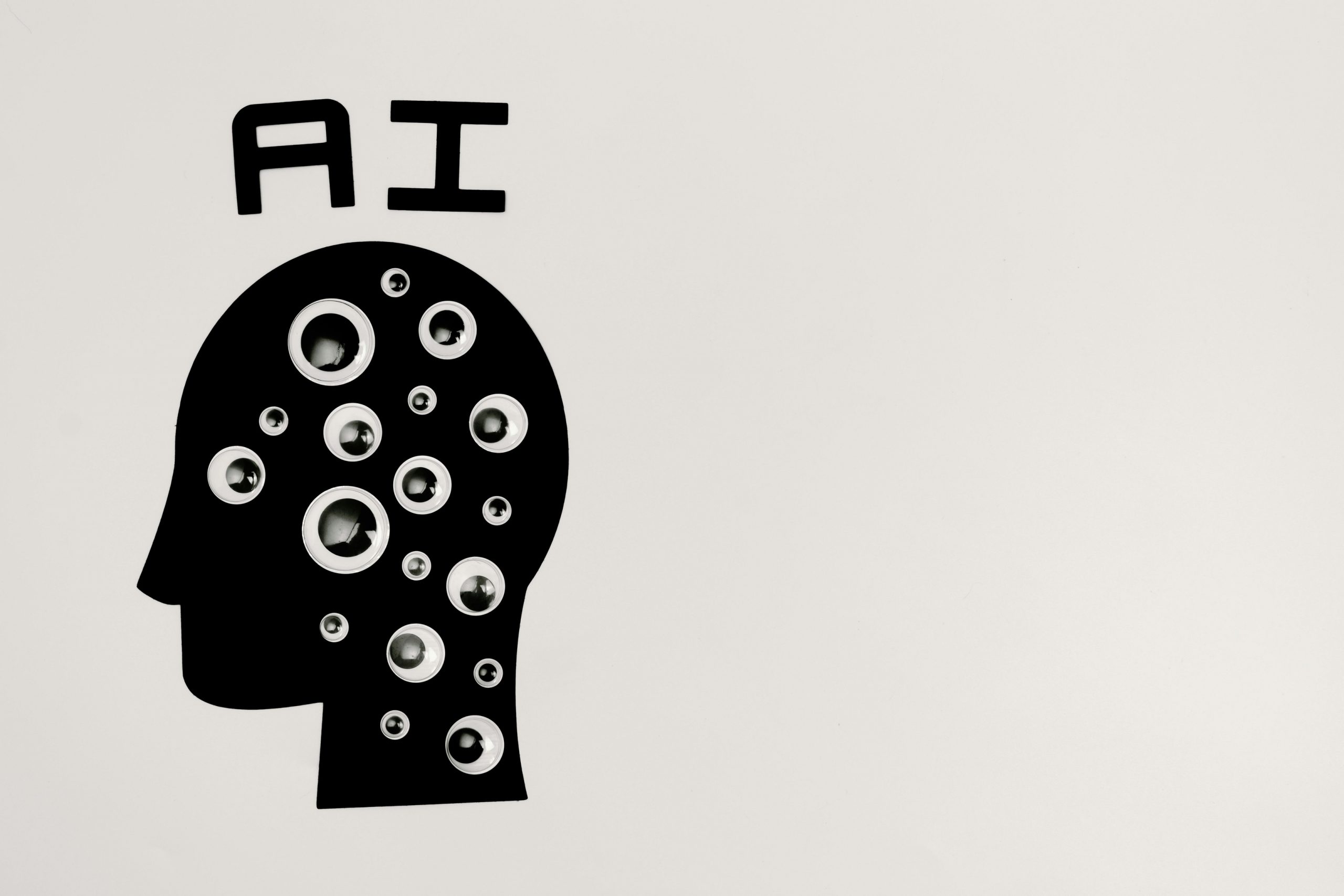Amid the bright lights and bustling throng of the artificial intelligence (AI) city, one mysterious individual shines out like a quantum gem: Quantum AI. This cutting-edge technology is a hybrid of artificial intelligence and quantum physics that is so powerful it could power a fleet of DeLoreans.
Here, at this dynamic intersection of science and technology, Quantum AI (quantum artificial intelligence) steps forward as a trailblazer, threatening to upend whole sectors and rewrite computation’s laws with the dexterity of a quantum master.
The Quantum Foundation: Understanding Quantum Mechanics
Uncertainty is king in the entangled tango of quantum mechanics, where particles engage in a quantum game of peek-a-boo! Imagine a universe in which particles break the standard laws of physics with each jitterbug and whirl, dancing to the beat of probability rather than merely according to the rules. Even the most seasoned physicists are baffled by superposition, the quantum equivalent of having your cake and eating it too, which permits particles to show off in numerous states at once.
Not to be overlooked is entanglement, the ultimate cosmic matchmaker that leaves us mere mortals scratching our heads in wonder as particles entwine in a quantum love affair regardless of distance. Quantum AI finds its footing in this wacky world of quantum mechanics, capitalizing on its peculiar attractiveness.
Quantum Bits: The Building Blocks of Quantum Computing
These elusive qubits are not like their classical counterparts; instead, they exist in a quantum superposition that makes conventional bits green with envy, and they twirl with the grace of prima ballerinas, rather than just dancing to the binary rhythm of 0s and 1s. Imagine a quantum state vastly more flexible than Schrödinger’s cat, that is both alive and dead at the same time. Even the most cunning classical computers would be envious of the tapestry of connections woven by these quantum charmers, entwined in their cosmic waltz. Thus, the stage is set for a spectacular display of processing power never previously witnessed in the wacky world of quantum computing, where uncertainty reigns supreme.
Quantum Algorithms: Unleashing the Power of Quantum Computing
Like sorcerers brandishing their wands in the ethereal world of quantum computing, quantum algorithms are those enigmatic yet powerful instruments in the armory of Quantum AI. These algorithms are capable of using the mysterious qualities of superposition and entanglement with a simple flip of their quantum bits, casting spells of computational magic that leave their classical counterparts speechless.
For example, Grover’s algorithm is a virtual treasure map that can be used to navigate unknown databases with the dexterity of a quantum detective, while Shor’s method is a digital safecracker that can quickly crack even the most difficult cryptographic codes. These quantum algorithms are rewriting the rules of computation with style, making them the unsung heroes of the quantum AI narrative.
Quantum Supremacy: Pushing the Boundaries of Computation
Ah, the legendary chase for quantum supremacy, akin to a gold rush in the silicon era, where trailblazers don pith hats to go into the uncharted territory of quantum computing. They sail dangerous waters full of the stormy winds of mistake correction and the dangerous shoals of decoherence, much like daring explorers navigating undiscovered territory. Even so, there are signs of hope emerging from the crucible of innovation as top research centers and companies use their proverbial pickaxes to chip away at the foundation of classical computing hegemony, bringing the field one step closer to the mythical shores of quantum supremacy.
Challenges and Opportunities: Navigating the Quantum Landscape
Though Quantum AI presents a bright future, there are still enormous obstacles to overcome, like the heads of the mythical Hydra, each with a complex riddle that has to be worked out. The most menacing of them is the threat of decoherence, which is like a cunning imp upsetting the harmonious dance of quantum states. It puts the delicate coherence balance in jeopardy and makes quantum systems more prone to mistakes and mishaps.
In addition, the architectural problems involved in scaling quantum systems to support enormous arrays of qubits while preserving their fragile coherence are comparable to building the Tower of Babel in the present era. However, despite these obstacles, human creativity triumphs, transforming hardship into opportunity and propelling advancement in the thrilling field of quantum AI.
The Ethical Frontier: Considerations in Quantum AI Development
As quantum AI develops, it’s critical to pay close attention to the ethical issues and social effects of this game-changing technology. To guarantee that Quantum AI serves society as a whole, concerns including data privacy, algorithmic bias, and equal access to quantum computing resources must be thoroughly addressed. We can create strong ethical frameworks and policies that effectively direct the responsible development, deployment, and governance of Quantum AI technologies, protecting societal well-being while optimising its potential benefits. This can be achieved by encouraging open discourse and collaborative efforts across interdisciplinary domains.
Closing Remarks: Embracing the Quantum Revolution
In conclusion, the complexities of quantum artificial intelligence technologies propel us towards a world where computation advances quantum leaps and bounds beyond conventional constraints. Quantum AI provides a doorway to unexplored domains of computation and problem-solving through our efforts to unravel the mysterious web of quantum physics and leverage the processing power of quantum computing. Let us embrace the challenges and opportunities that lie ahead of us as we navigate this maze-like terrain, understanding that the journey itself is just as rewarding as the potential rewards.

